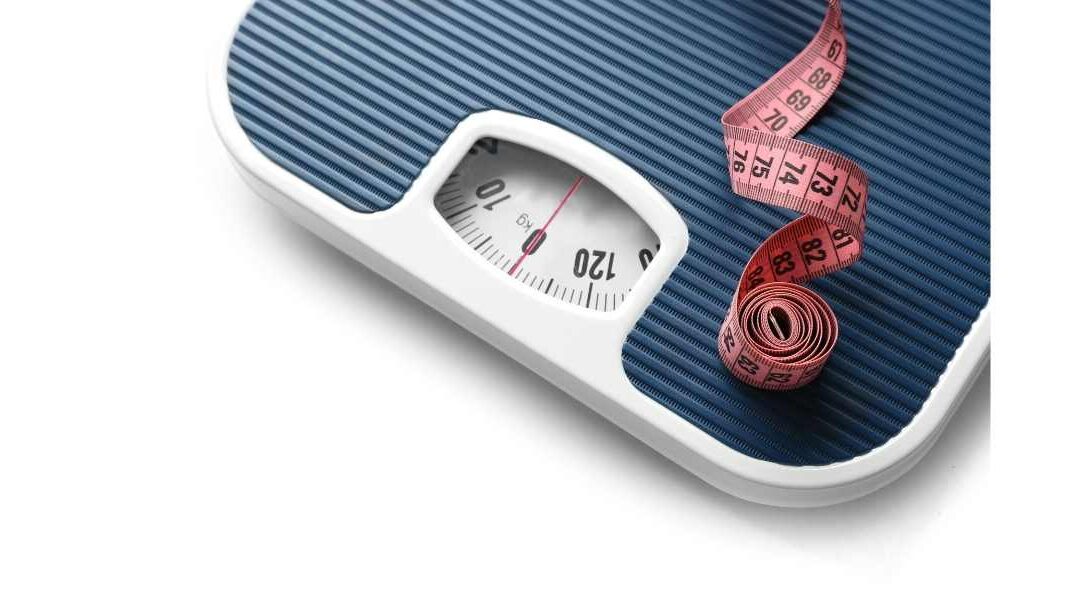A diet rich in fats could lead to heart disease. Different types of food contain different amounts of calories. For example, a gram of fat contains approximately double the number of calories as a gram of carbohydrates or proteins. Thus, consuming excessive amounts of fat can lead to excess body weight. Being overweight increases your chances of having high blood pressure, diabetes, cardiovascular disease (heart and blood vessel illness), and some types of cancer.
Reduce or eliminate fat consumption
Reduce or eliminate Fat Consumption to lose weight, lower blood cholesterol and triglyceride levels, and prevent health problems.
A high-fat diet can indeed cause weight gain. However, losing weight requires more than just eating low-fat foods. The quantity of calories you consume is less important than the quality of the calories you consume. Remember that additional calories, even from fat-free and low-fat foods, are stored as fat in the body. People frequently substitute high-fat foods for high-calorie items, such as sweets, and gain rather than lose weight.
Simply consuming fewer calories than you expend will result in weight loss. Regular exercise and a diet low in calories and fat will help you achieve this goal. Although our bodies require calories, eating too many of them might cause us to develop unwanted weight. As a result, we must watch our caloric intake and output to avoid becoming overweight. Before starting any diet plan, first consult with your doctor.
A low-fat diet is essential for maintaining a healthy weight and avoiding heart disease.
You might think that because a food is low-fat or fat-free, it won’t make you Gain weight. However, these foods often have just as many calories as their full-fat counterparts. Eating high-calorie foods, such as sweets, will cause you to put on more weight than if you ate the same amount of fat.
Achieving weight loss requires consuming fewer calories than one burns off. For this, you should raise your level of physical activity and consume a diet low in fat and calories.
Plant-based foods low in fat, cholesterol, carbohydrates, and calories include fruits, vegetables, and whole grains. In addition, consume moderate amounts of low-fat dairy and lean meats.
Choose omega-3 fatty acid-rich foods like salmon, flaxseed, and walnuts for heart health. For the benefits of omega-3 fatty acids, the American Heart Association suggests eating fatty fish like salmon twice a week.
Choose prepared items, such as broiled, roasted, baked fish or chicken. Avoid things that have been fried or sautéed, casseroles, and heavy sauces or gravies.
Many people have sought to reduce their fat consumption for quite some time, and now there is scientific data to support their efforts. Losing weight is linked to reducing one’s fat intake. Additionally, many studies have demonstrated that lowering total fat intake can result in moderate weight loss that is both statistically significant and clinically useful. As may be shown in young people, reducing total fat intake positively affects both individuals and populations. Therefore, everyone should consume less fat.
A recent study found that reducing fat intake can lead to weight loss, a lower BMI, and a smaller waist circumference. In addition, the study, which followed adults for eight years, found that even a slight reduction in fat intake can have significant health benefits.
Although many fad diets and fat-burning products promise immediate results, changing your diet, lifestyle, and exercise regimen is the most effective method to achieve and maintain a healthy weight.















